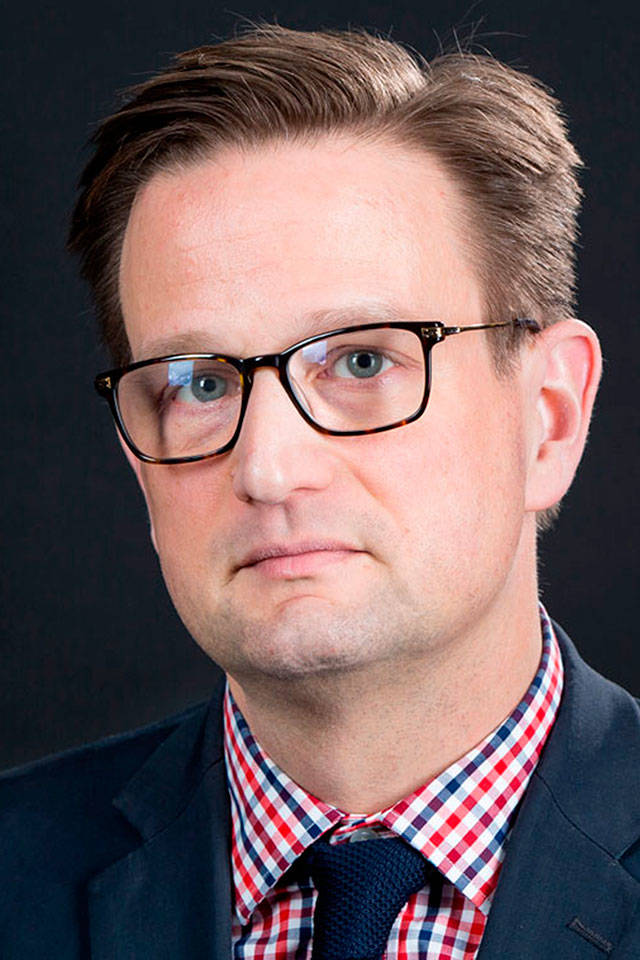Shortly after President Barack Obama’s first inauguration in 2009, then-White House Chief of Staff Rahm Emanuel got into a bit of hot water when he observed to an interviewer, “You never want a serious crisis to go to waste.”
A decade-and-a-half ago, America was in the throes of the Great Recession, and Emanuel rightfully took a bit of heat for seeming to suggest that it was acceptable for the White House to capitalize on a time of great uncertainty to maximize its political advantage.
However clunky Emanuel’s borrowing an epigram that may or may not have first been uttered by Winston Churchill, history has proven him correct. The administration’s stimulus package and economic policies set America on the course to what’s now a COVID-19 interrupted period of economic growth. And the administration’s signature healthcare law, despite its weaknesses, provably reduced the ranks of the uninsured.
Now, faced with a historic public health crisis that’s devastated the stock market, closed schools and houses of worship, put an indefinite pause on the NBA and NHL and led to weeks-long delays for Major League Baseball and the English Premier League, policymakers in Washington and closer home are presented with similar opportunities arising out of crisis.
With more and more things being placed on lockdown, we have a unique chance to stop what we’re doing and actually listen to each other. With the din of partisanship and the roar of the crowd silenced, at least temporarily, there’s a chance to put down our arms and remember all the good stuff that binds us together as a nation.
We had a similar opportunity after the Sept. 11 attacks, when we were all stunned into collective silence by the enormity of a tragedy that still defies our efforts to be put into words. In those pained days, when it felt like a blanket had been throw over the whole world, and when raising your voice above a whisper felt like sacrilege, there was that profound sense of singularity of identity and commonality of purpose.
Inevitably, that time passed. As the trauma of the attack subsided, the nation found itself tangled in a forever war on terror that persists to this day. The rancor of partisanship similarly divided us. But for a minute or two, anyway, I couldn’t escape the feeling that we’d missed the opportunity to finally get our act together as a people.
With the COVID-19 outbreak, we’re at that pivot point again, where we can decide who we are, and who we want to be as a nation. We can hoard toilet paper, or we can check on the elderly neighbor across the way and make sure they have what they need to weather the storm.
While there’s a temptation to stay glued to cable news and devices to keep up on the latest news, there’s also a chance to put down the screens, for busy families and couples to look each other in the eye, connect, and take a moment to be grateful for the chain of small miracles that brought them together in the first place.
Because of the math of pandemics, it’s now not a matter of if you’ll get the virus, it’s more likely a matter of when. And if you haven’t, the chances are good that someone you know is already contending with it. Or maybe you’re working from home, your kid’s school has been closed, or that Broadway play you’ve been looking forward to has been canceled. The ripple effects are endless and we’re only feeling them beginning of them.
And unlike our wars, which are fought by a slender percentage of the population, where we are now means that everyone is affected in some way. There’s no bunkering down and pretending, as we do too often, that this is something that happens to someone else.
As some sage on social media observed, fear, paranoia and misinformation easily multiplies at a time of crisis. But so too does the capacity for kindness, generosity and caring.
We’re in a crisis. Let’s not waste it.
An award-winning political journalist, John L. Micek is Editor-in-Chief of The Pennsylvania Capital-Star in Harrisburg, Pa. Email him at jmicek@penncapital-star.com and follow him on Twitter @ByJohnLMicek.



